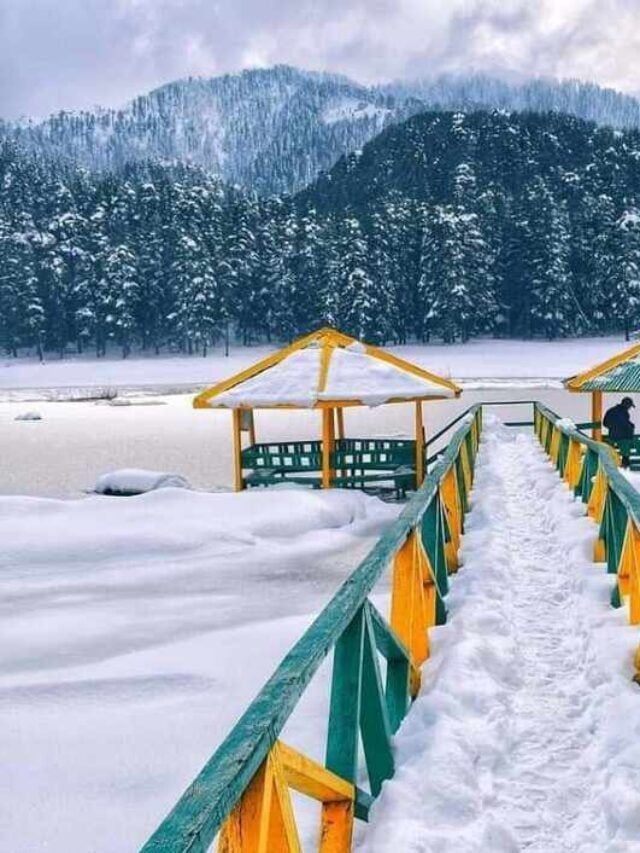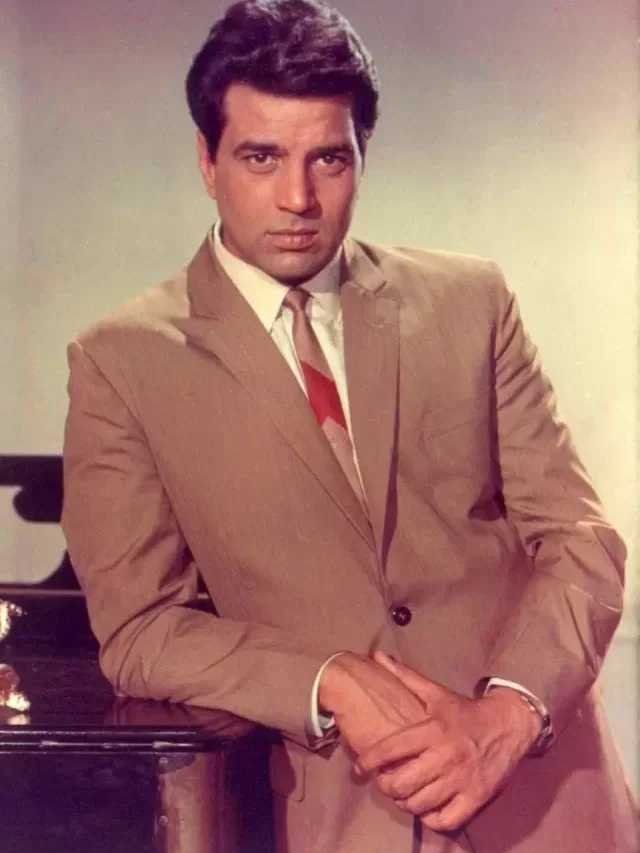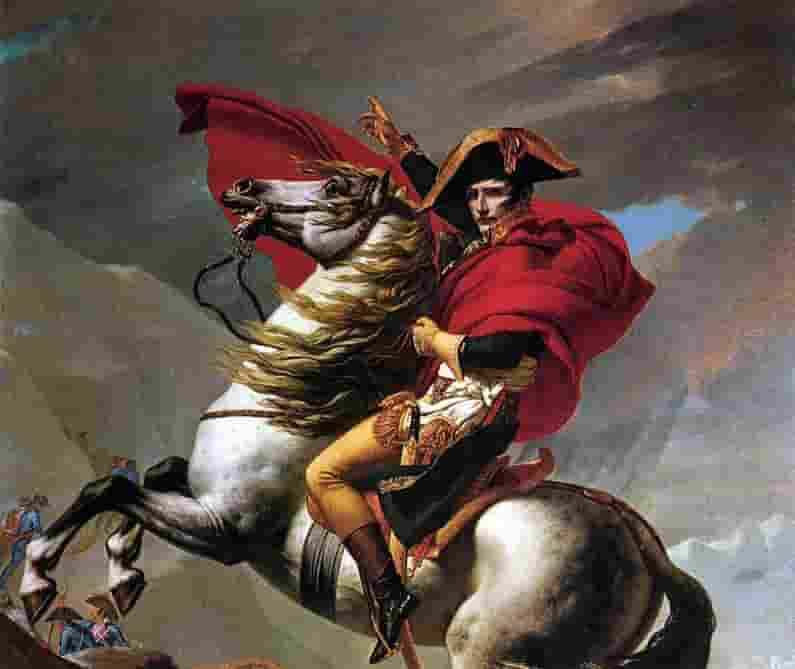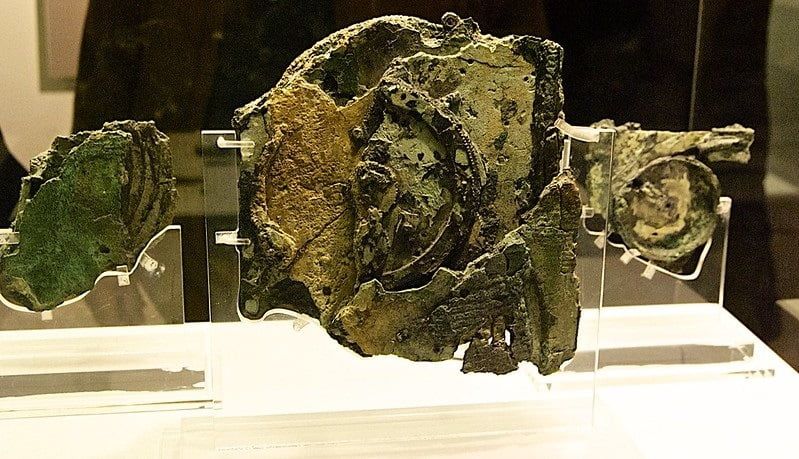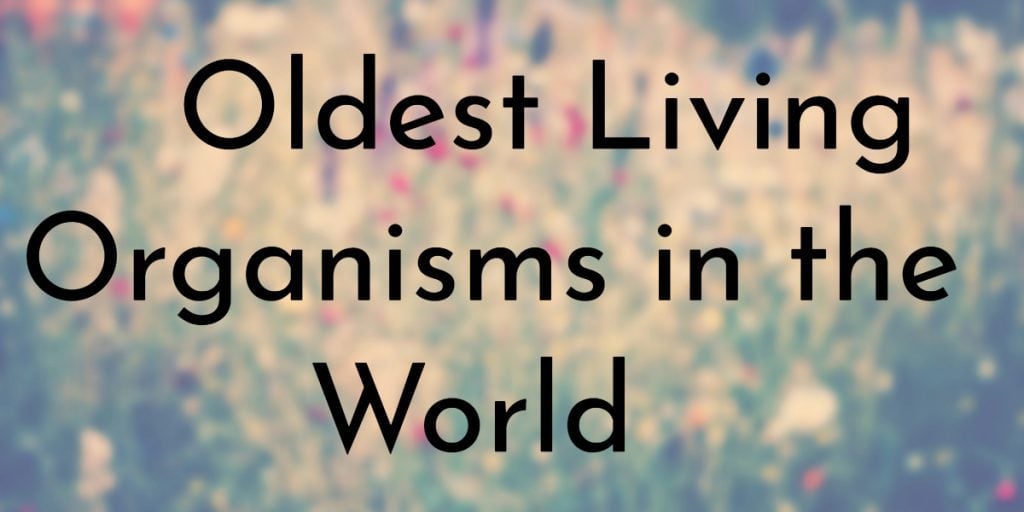Who was Napoleon Bonaparte?

Napoleon Bonaparte (1769-1821) is also known as Napoleon-I. He served as a French military leader and emperor who conquered many territories of Europe in the early 19th century. Born on the island of Corsica Napoleon rapidly rose through the ranks of the military during the French Revolution (1789-1799).
After seizing the political power in France in 1799 he crowned himself as emperor in 1804. Cunning, ambitious, and highly skilled military strategist Napoleon successfully went to war against various coalitions of European nations and expanded his territory.
After a disastrous French invasion in 1812, Napoleon Bonaparte was dethroned about two years later and went into exile on the island of Elba. In 1815 he came back to power after a hundred days campaign. After a huge defeat at the Battle of Waterloo, he abdicated once again and went into exile to an isolated island namely Saint Helena, where he passed away at the age of 51.
Napoleon Bonaparte’s Education And Early Military Career
He was born on August 15, 1769, in Ajaccio on the Mediterranean island of Corsica. He was the second of the eight surviving children born to Carlo Buonaparte, a lawyer, and his wife Letizia Romalino Buonaparte. They were minors in the Corsican community and were not a wealthy family.

The year after Napoleon’s birth, France acquired Corsica from Genova, Italy thus he spelled his last name in the French style. As a boy, Napoleon attended school in mainland France where he learned the French language and graduated from a French Military academy in 1785. He later became the second lieutenant in an artillery regiment of the French army.
Also Read – Greatest Philosophers Who Changed The World With Their Philosophies
Napoleon’s Rise To Power
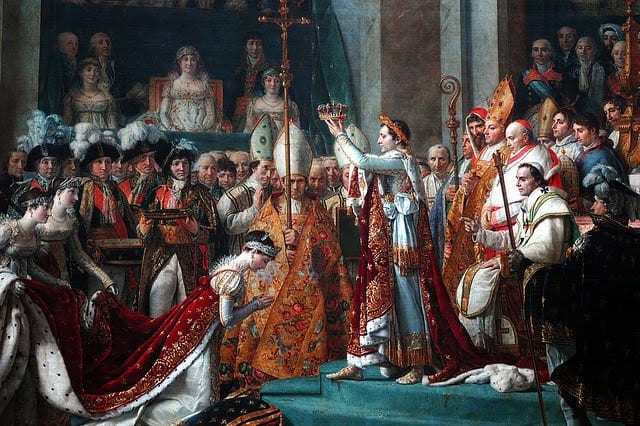
Since 1792 France’s revolutionary government had been engaged in military conflicts with various European nations. In 1796, Napoleon commanded a French army that defeated the larger armies of Austria, one of his empire’s major rivals. After a series of battles in Italy in 1797, France and Austria signed the treaty of Campo Formio resulting in territory gains for France.
In November 1799 in an event known as the Coup of 18 Brumaire Napoleon was a part of that group that managed to successfully overthrow the French Government.
Napoleon’s Downfall And Abdication
In 1810, Russia withdrew from the continental system. In revenge, Napoleon took a massive army to Russia. Rather than engaging the French in a full-scale battle, the Russians took up a strategy of retreating whenever Napoleon’s forces attempted to attack. The battle caused tremor and bloodshed both sides suffered. It was a catastrophic event.
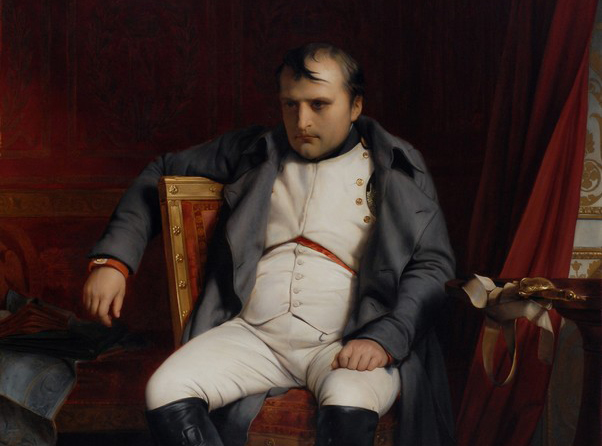
Napoleon’s forces were defeated in the coalition by Russian, Austrian and Swedish troops. Thus he went into exile to island Elba. His wife and son went to a small island in Austria. Later the Hundred days Campaign and Battle of Waterloo took place.
Also Read – Unbelievable Historical Mortals: Famous And Genius People From History
Napoleon’s Marriages And Children

In 1796, Napoleon married Josephine de Beauharnais, a stylish widow, who was six years senior to him and had two teenage children. They did not have offspring thus he annulled his marriage. Later Napoleon wed Marie Louise the daughter of the Emperor of Austria who gave birth to their son who is known as Napoleon-II.

Napoleon went to exile on the island of Saint Helena where he died on May 5, 1821, at the age of 51 due to stomach cancer. There are many famous quotes by him too.
For more related posts, visit Discover.
